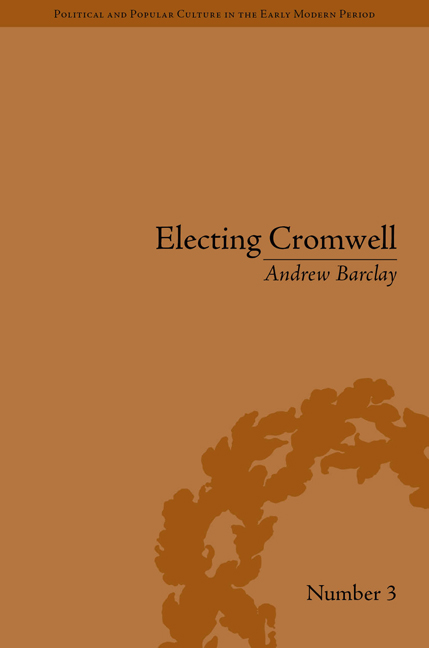8 - The Two Elections of 1640
from Part II
Summary
The account of the Cambridge elections in Flagellum has so far proved to be surprisingly accurate. Most of the details about the various individuals mentioned in it have either been confirmed or have, at the very least, been shown to be plausible. The temptation would therefore be to accept the rest of the anecdote as a reliable report of these elections. That however would be a mistake. The specific errors that convinced earlier historians that this passage in particular could not be trusted have not been explained away. Some of those are more serious than others. The assumption that Timbs was already a common councilman in 1640 can probably be regarded as an innocent mistake. Quarter of a century later Timbs's precise status at the time would have been easily forgotten. The story did not depend on this detail and, if anything, the retelling underplayed the extent to which he was an outsider who could not have been expected to know the finer points about the traditions of the Cambridge corporation. It made sense that he had to ask Welbore and Ibbott for advice. In contrast, the implication that John Lowry was elected along with Cromwell to the Short Parliament still suggests confusion over the exact chronology of these events. The only way to unpick that confusion is to examine what the formal records for those elections have to say.
- Type
- Chapter
- Information
- Electing CromwellThe Making of a Politician, pp. 115 - 144Publisher: Pickering & ChattoFirst published in: 2014

